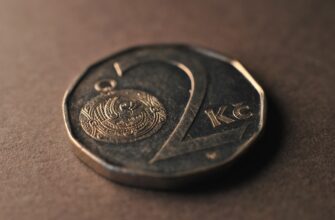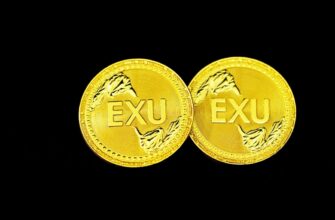Contents
- What to Look for in a Bitcoin Wallet in Kuwait
- 7 Best Bitcoin Wallets for Kuwait Users
- 1. Ledger Nano X (Hardware Wallet)
- 2. Trezor Model T (Hardware Wallet)
- 3. Exodus (Software Wallet)
- 4. Binance (Exchange Wallet)
- 5. Trust Wallet (Mobile Wallet)
- 6. Bybit (Exchange Wallet)
- 7. LocalBitcoins (P2P Wallet)
- FAQ: Bitcoin Wallets in Kuwait
- Is Bitcoin legal in Kuwait?
- Can I buy Bitcoin with Kuwaiti Dinar?
- Are hardware wallets safer than software wallets?
- Do I pay taxes on Bitcoin in Kuwait?
- How do I secure my Bitcoin wallet?
What to Look for in a Bitcoin Wallet in Kuwait
Choosing the right Bitcoin wallet in Kuwait requires balancing security, usability, and local compatibility. Here are key factors to consider:
- Security: Opt for wallets with two-factor authentication (2FA), multi-signature support, and offline storage (hardware/cold wallets).
- Regulatory Compliance: Ensure the wallet complies with Kuwait’s crypto guidelines. Avoid platforms banned by the Central Bank of Kuwait.
- KWD Support: Prioritize wallets that allow buying/selling Bitcoin using Kuwaiti Dinar (KWD) to avoid conversion fees.
- User Experience: Look for Arabic language support, intuitive interfaces, and responsive customer service.
- Transaction Fees: Compare withdrawal, trading, and network fees across platforms.
7 Best Bitcoin Wallets for Kuwait Users
1. Ledger Nano X (Hardware Wallet)
- Features: Offline storage, Bluetooth connectivity, supports 1,800+ coins.
- Pros: Military-grade security, ideal for long-term storage.
- Cons: High upfront cost (~$149).
- Kuwait-Friendly: Pair with Binance P2P to trade KWD for crypto.
2. Trezor Model T (Hardware Wallet)
- Features: Touchscreen, Shamir Backup, open-source firmware.
- Pros: No known security breaches, supports staking.
- Cons: Pricier than Ledger (~$219).
3. Exodus (Software Wallet)
- Features: Built-in exchange, 24/7 support, portfolio tracker.
- Pros: Free to use, beginner-friendly design.
- Cons: Lacks 2FA for transactions.
4. Binance (Exchange Wallet)
- Features: P2P KWD trading, futures/spot markets, 350+ coins.
- Pros: Low 0.1% trading fee, Arabic app interface.
- Cons: Centralized platform (moderate security risk).
5. Trust Wallet (Mobile Wallet)
- Features: Web3 integration, in-app staking, NFT support.
- Pros: Owned by Binance, non-custodial.
- Cons: Limited desktop functionality.
6. Bybit (Exchange Wallet)
- Features: KWD deposits via Advcash, copy trading tools.
- Pros: High liquidity, 24/7 Arabic support.
- Cons: Not available in restricted countries.
7. LocalBitcoins (P2P Wallet)
- Features: In-person KWD trades, escrow protection.
- Pros: Bypass banking restrictions.
- Cons: Higher fraud risk; verify seller reputations.
FAQ: Bitcoin Wallets in Kuwait
Is Bitcoin legal in Kuwait?
Yes, but the Central Bank prohibits banks from crypto transactions. Use P2P platforms to avoid issues.
Can I buy Bitcoin with Kuwaiti Dinar?
Yes. Binance P2P, LocalBitcoins, and Bybit support direct KWD deposits.
Are hardware wallets safer than software wallets?
Yes. Hardware wallets store crypto offline, making them hack-resistant.
Do I pay taxes on Bitcoin in Kuwait?
Kuwait has no crypto tax laws. Consult a financial advisor for updates.
How do I secure my Bitcoin wallet?
- Enable 2FA.
- Store recovery phrases offline.
- Avoid public Wi-Fi for transactions.
Summary: For most users in Kuwait, Binance (for trading) + Ledger Nano X (for storage) offers the best balance of security and convenience. Always prioritize wallets with KWD support and strong community reviews.








